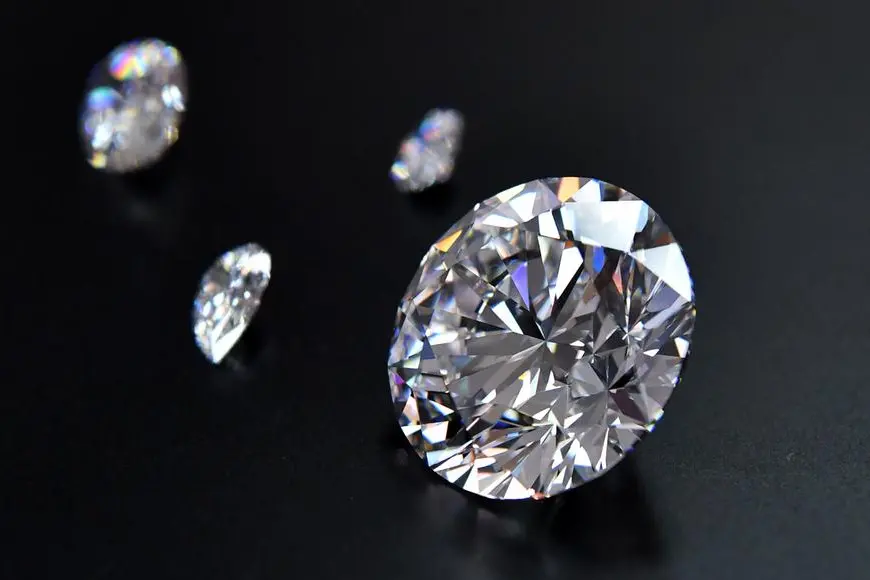PHOTO
Britain unveiled new sanctions against Russia on Friday, targeting imports of diamonds and other minerals in a bid to choke Moscow's ability to fund the war in Ukraine.
Before a G7 summit in Japan began, London said it would introduce "a ban on Russian diamonds", copper, aluminium and nickel, and sanction more entities involved in Moscow's "military industrial complex".
Russia's diamond trade is estimated to be worth $4-5 billion a year, netting the Kremlin much-needed tax revenues.
Later in the day, the UK foreign office said the new sanctions would freeze the assets of 86 people and organisations.
These include "companies connected to theft of Ukrainian grain, and those involved in shipment of Russian energy", it said.
The new sanctions will also target "advanced military technology and remaining revenue sources".
The summit in Hiroshima is expected to bring a series of new sanctions on Russia -- including US measures that will put 70 more Russian and foreign entities on a trade blacklist.
UK Prime Minister Rishi Sunak told Sky News on Friday that his "straightforward" message for Russian President Vladimir Putin was: "We're not going away".
"One of the topics of conversation I'll be having and have been having with my fellow leaders is about the longer term security agreements... for Ukraine to deter future Russian aggression," he added.
The G7 as a whole is expected to work to tighten existing sanctions, close loopholes, squeeze Moscow's access to the international financial system and commit to keeping Russian assets frozen until the end of the war in Ukraine.
On Friday, European Council President Charles Michel said the bloc would target the lucrative trade in Russian diamonds, which he joked "are not forever".
EU member Belgium is among the largest wholesale buyers of Russian diamonds, along with India and the United Arab Emirates.
The United States is a major end-market for the finished product.





















